
Why the Brain Remembers Negative Experiences More Than Positive Ones: Implications for Mental Health and Well-Being
The human brain has an extraordinary ability to retain negative experiences, and recent studies confirm that negative words often leave a lasting imprint. Research has shown that insults or harsh criticisms can linger in memory for as long as 20 years, whereas compliments or positive feedback tend to fade within a mere 30 days. This imbalance, rooted in evolutionary biology, explains why our brains are designed to prioritize negative information, especially that which signals potential threats, in order to safeguard survival.
From an evolutionary standpoint, our ancestors needed to be hyper-aware of dangers in their environment—be it predators, enemies, or other threats. This survival instinct has been hardwired into our brains over time, making negative events, particularly those that involve social rejection or criticism, much more memorable. When we experience criticism, the amygdala—often referred to as the brain’s emotional center—becomes highly activated. This activation strengthens the encoding of these negative events into our long-term memory. The result is that harmful or threatening interactions are stored more deeply and are more easily recalled later. Conversely, positive experiences typically involve a weaker neural response, meaning they are encoded with less intensity and can fade much more quickly.
The psychological and emotional consequences of this phenomenon are significant. For many individuals, negative comments or judgments can deeply affect self-esteem, emotional well-being, and stress levels. Criticisms, particularly those that are harsh or personal, may lead to long-term feelings of insecurity, while positive feedback often fails to provide lasting emotional reinforcement unless it is repeated consistently. As a result, people may be more inclined to remember and dwell on insults than they are to retain the positive comments and praise they receive. This imbalance has substantial implications for mental health, as it suggests that negative experiences may have a disproportionate effect on how we view ourselves and the world around us.
The fleeting nature of positive feedback has implications not only in personal development but also in professional and educational settings. A workplace or school environment that relies too heavily on negative feedback or criticism without consistent, positive reinforcement can result in demotivation, stress, and burnout. For instance, research by psychologist John Gottman highlights the importance of a "5:1 ratio" of positive to negative interactions in relationships, suggesting that individuals thrive in environments where positive reinforcement is frequent and sustained. Without enough positive recognition, it is easy for negativity to outweigh the motivating power of encouragement, affecting overall productivity and well-being.
Given this tendency of the brain to remember negativity, experts recommend strategies to help individuals retain more of the positive experiences they encounter. One effective approach is journaling, where individuals can write down and reflect on positive events and compliments they’ve received. By repeatedly reviewing these positive entries, individuals strengthen their memory of such events, helping to counterbalance the effects of negative experiences. Another helpful practice is mindfulness, which allows individuals to focus on and savor positive moments as they happen, further embedding these positive experiences into memory. Additionally, simply repeating compliments and praise, either to oneself or others, can reinforce positive thoughts and boost overall mental resilience.
Cultivating an awareness of this cognitive bias—our brain’s tendency to prioritize negative over positive information—can be empowering. By consciously striving to highlight gratitude, resilience, and self-compassion, individuals can work to reinforce positive experiences and create environments that promote emotional well-being. In relationships, for example, expressing consistent affirmation and appreciation can help ensure that positive experiences leave a lasting impact.
In conclusion, this research highlights the profound ways in which the brain is wired to remember negative events far longer than positive ones. While this tendency may have served our ancestors in ensuring survival, in the modern world, it can create significant emotional challenges. However, by understanding the mechanisms behind this bias, we can take proactive steps to cultivate habits and environments that emphasize positive reinforcement, ensuring that praise, recognition, and encouragement leave a more enduring mark than insults ever could. By consciously counteracting the brain's negativity bias, we can enhance mental health and build stronger, more resilient communities.
Sources:
-
Gottman, John. The Seven Principles for Making Marriage Work. Three Rivers Press, 1999.
-
Baumeister, Roy F., et al. "Bad Is Stronger Than Good." Review of General Psychology, vol. 5, no. 4, 2001, pp. 323-370.
-
"The Brain's Negativity Bias: Understanding How It Affects Us." Psychology Today, www.psychologytoday.com/us/articles/202305/the-brains-negativity-bias.
News in the same category


PP405: A Promising New Drug That Could Revolutionize Hair Loss Treatment by Reactivating Dormant Hair Follicles

Astronomers Capture Groundbreaking Image of New Solar System Formation

Denmark's 'Rolling Grocer' Initiative Brings Fresh Food and Community Connection to Rural Seniors

Mosquitoes Discovered in Iceland for the First Time: A Warning of Climate Change Effects

Denis Vashurin: The Man Who Appears as a Teenager Despite Being in His 40s

M.K. Prakasan: The Teacher Who Swims 12 km Daily to Educate Students in Kerala

Belgian Prodigy Laurent Simons Earns PhD in Quantum Physics at Just 15 Years Old
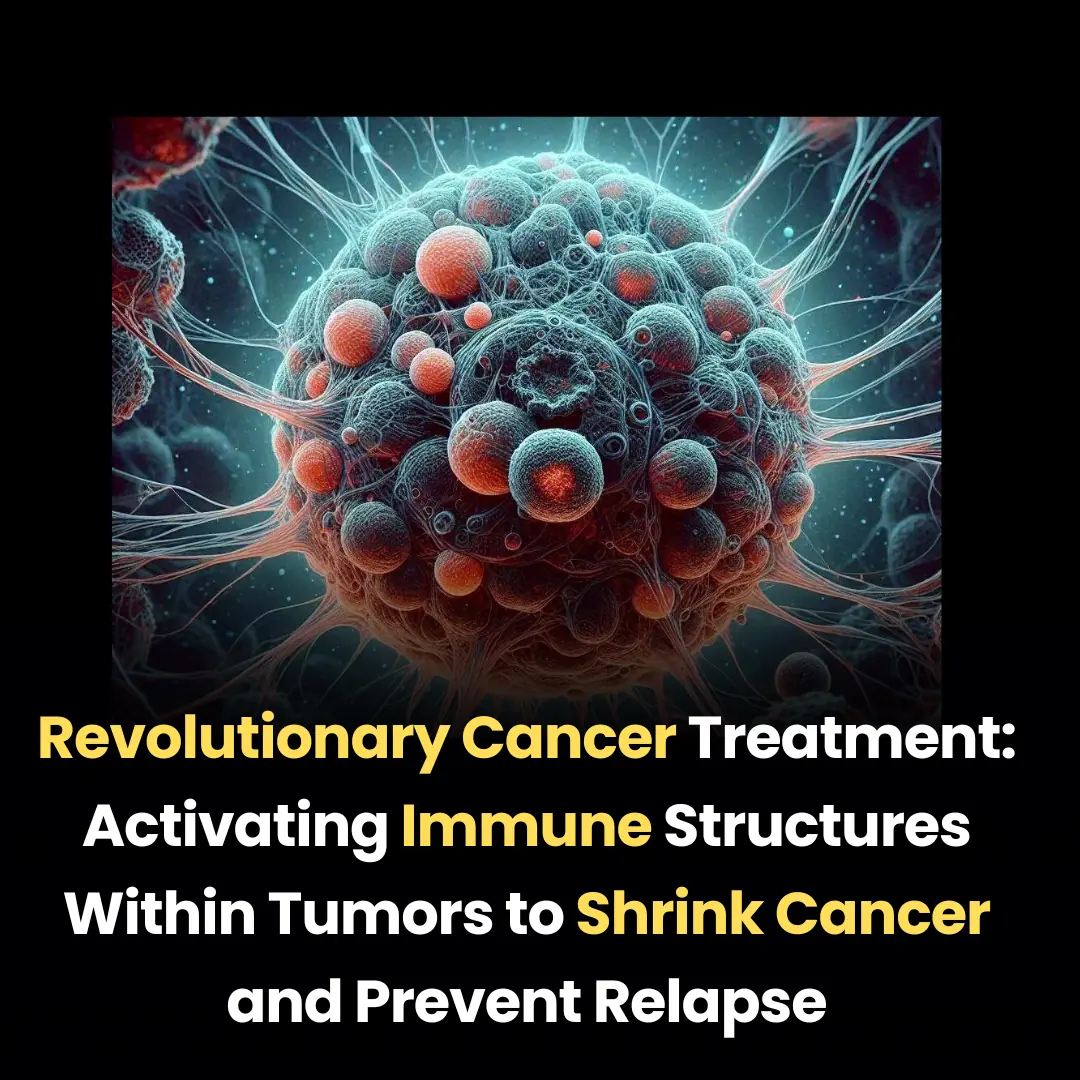
Revolutionary Cancer Treatment: Activating Immune Structures Within Tumors to Shrink Cancer and Prevent Relapse
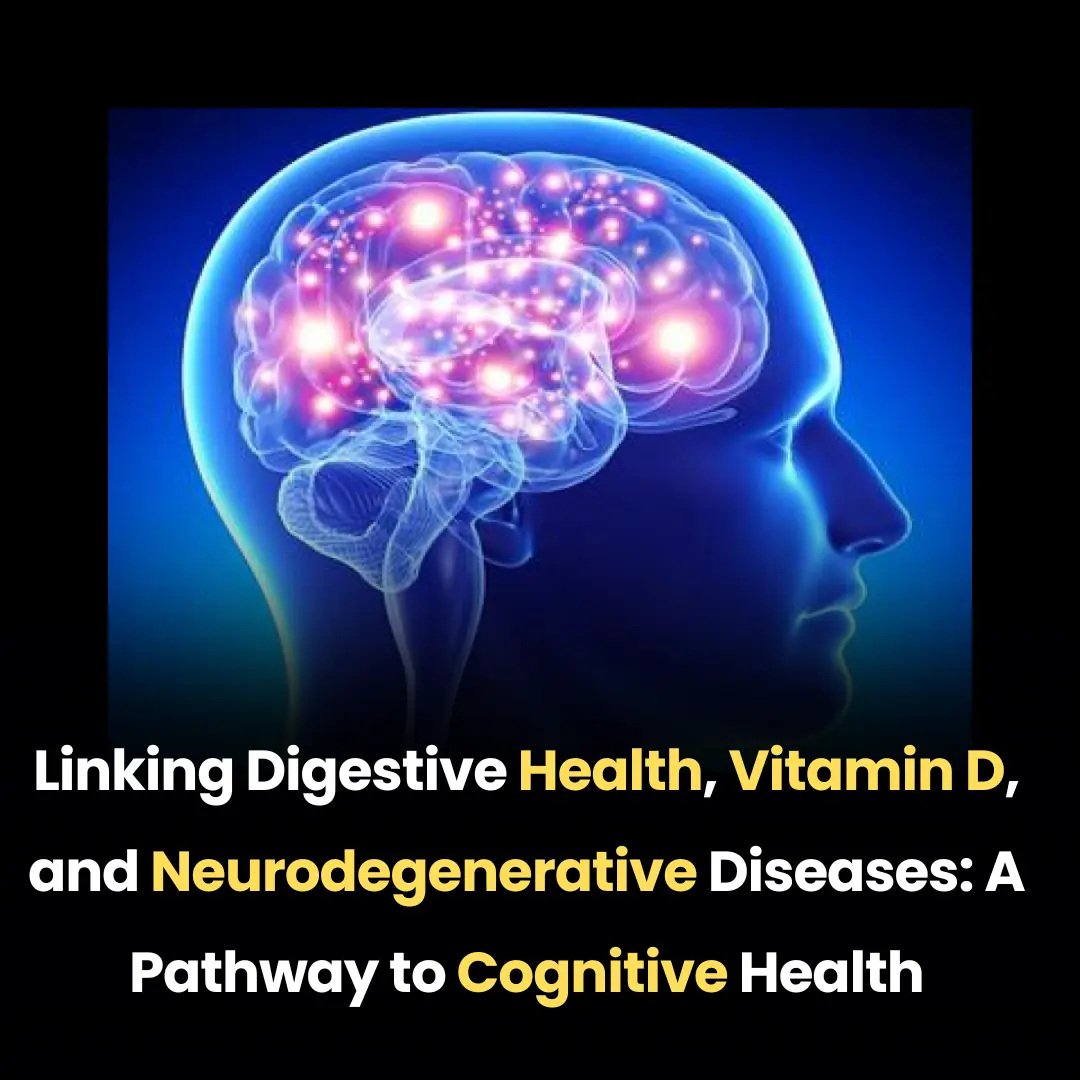
Linking Digestive Health, Vitamin D, and Neurodegenerative Diseases: A Pathway to Cognitive Health

The 400-Year-Old Greenland Shark: A Living Witness to Centuries
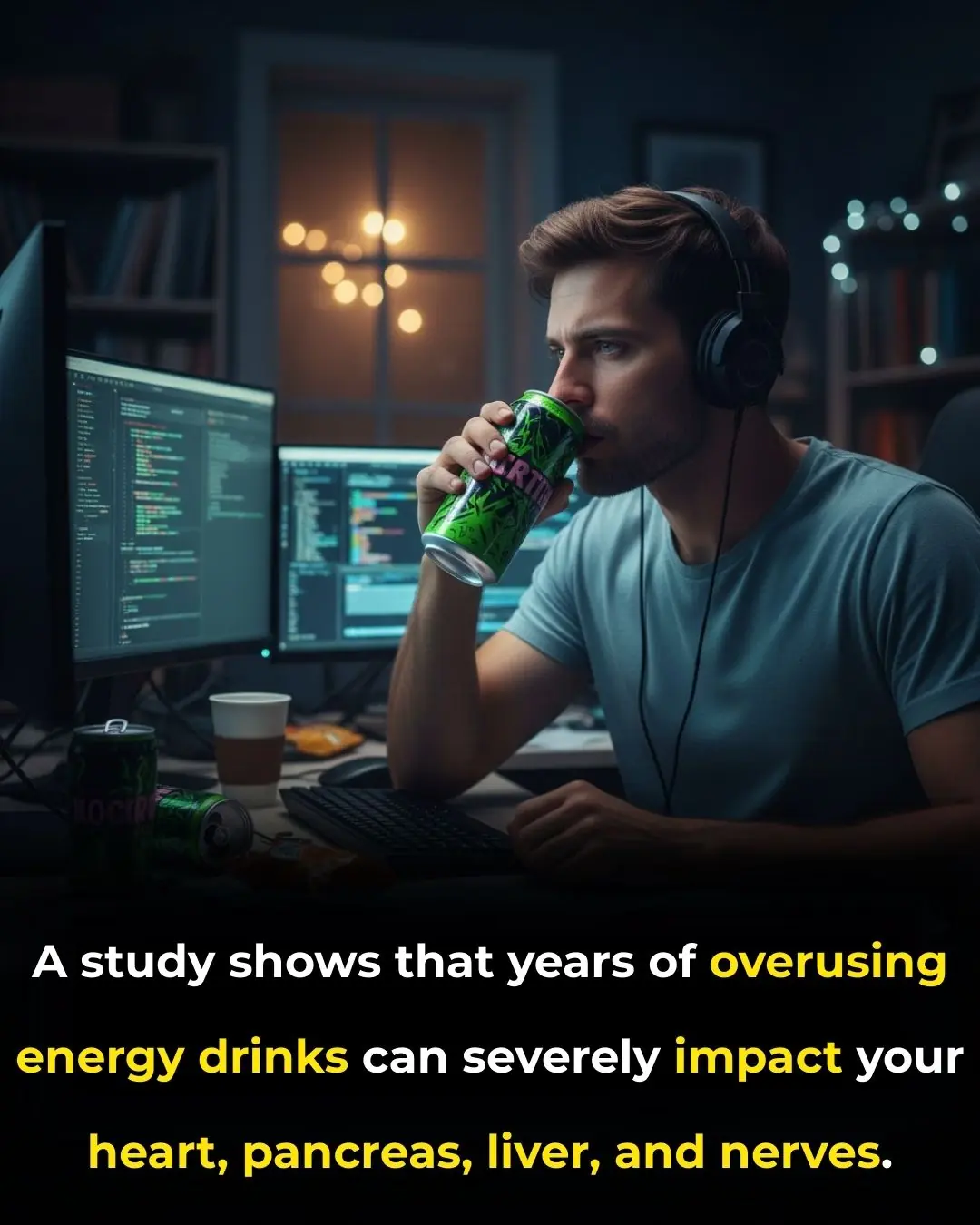
The Hidden Dangers of Long-Term Energy Drink Consumption

Frozen Time Capsule: Scientists Reveal Ancient Antarctic Landscape

How Cold-Water Swimming Boosts Mood, Reduces Stress, and Enhances Mental Wellbeing
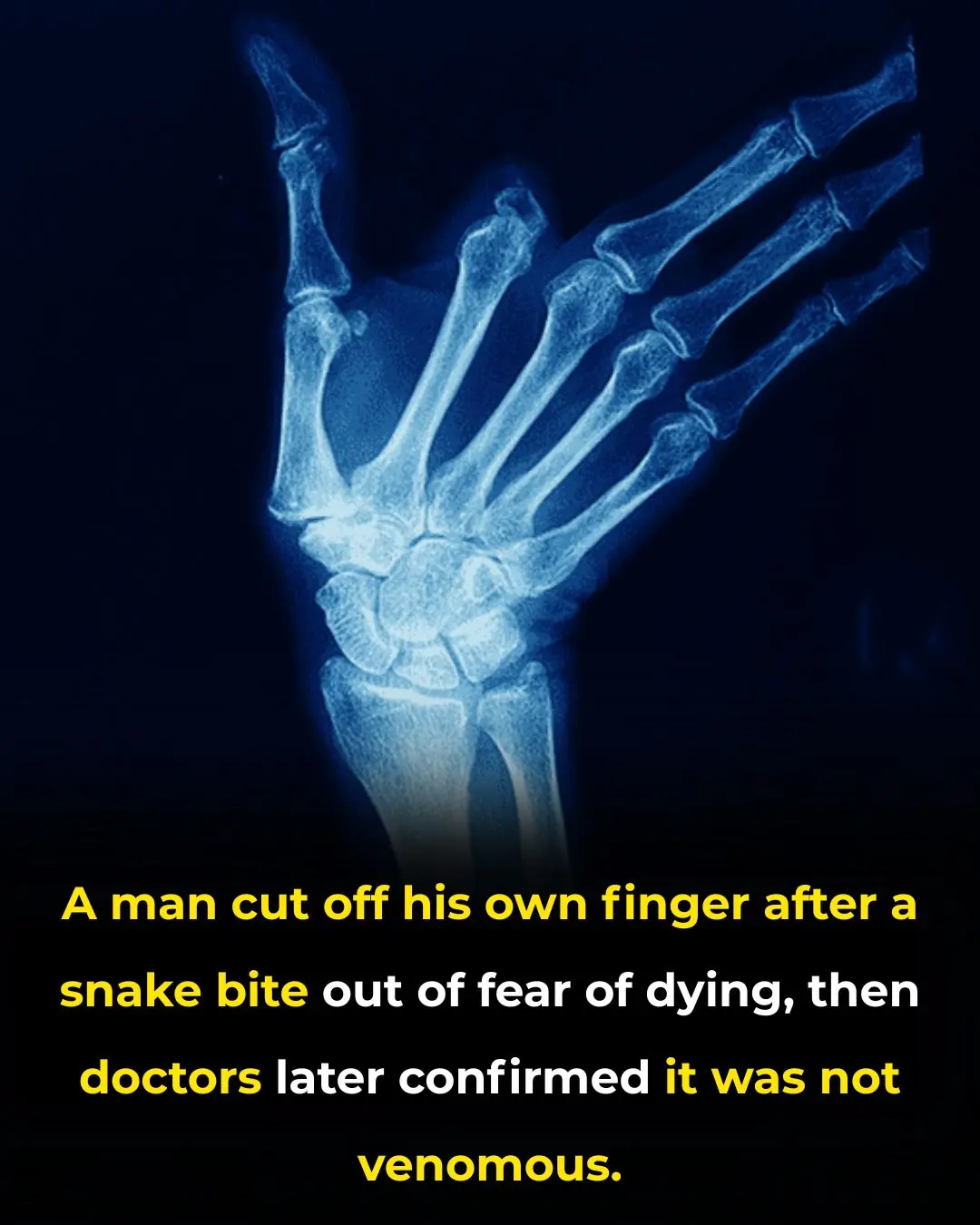
Snakebite Panic Leads Farmer to Sever Finger, Doctors Confirm No Danger
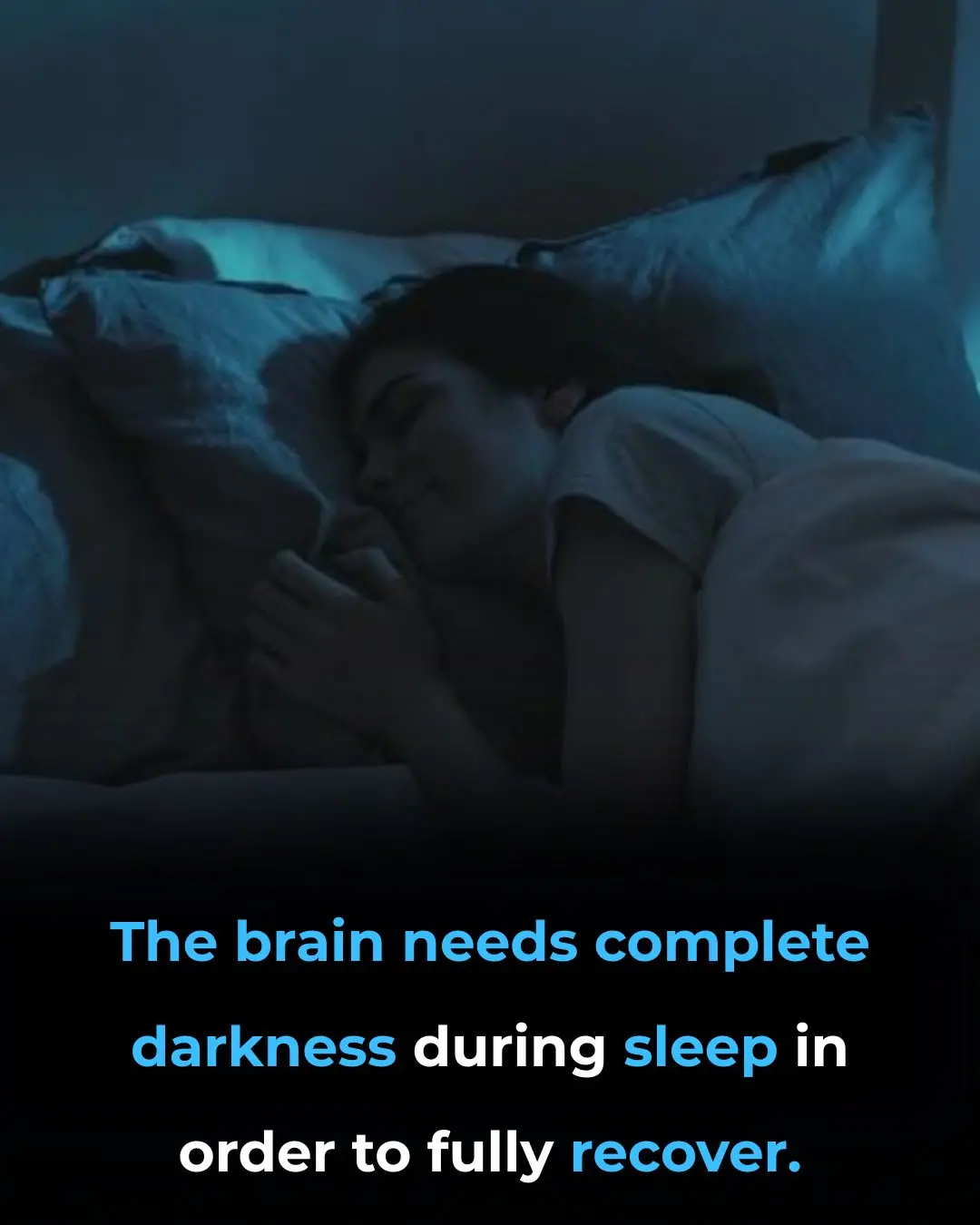
Why Even Small Amounts of Light at Night Can Harm Your Sleep and Mental Health

Apple Extract: A Natural Alternative to Chemotherapy for Treating Colon Cancer
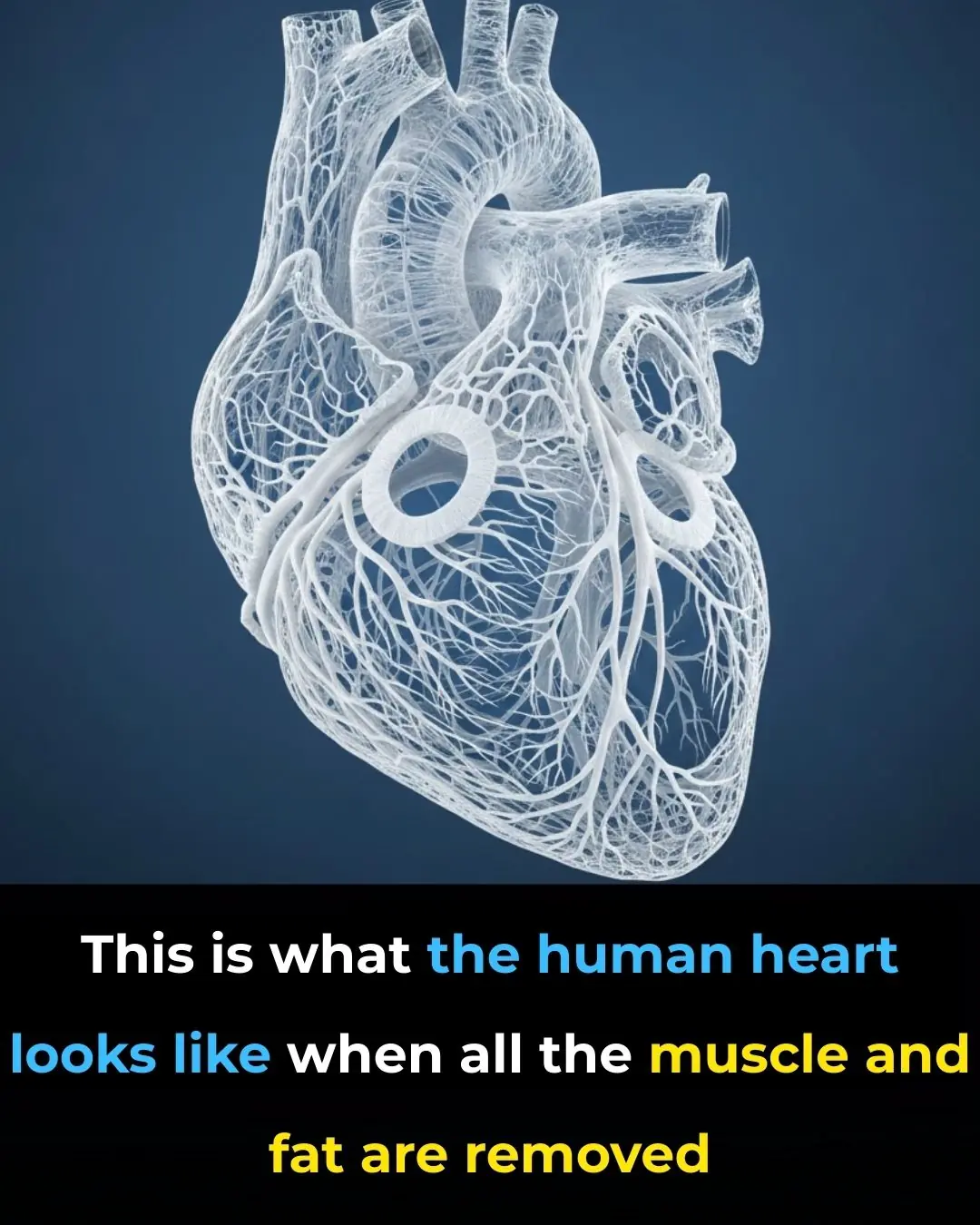
Revealing the Human Heart: A Stunning Look at Its Circulatory System Without Muscle or Fat

Having the letter M on the Palm of your hand means that
News Post

The Arrival of Mosquitoes in Iceland: A Sign of Shifting Ecosystems and Public Health Risks

PP405: A Promising New Drug That Could Revolutionize Hair Loss Treatment by Reactivating Dormant Hair Follicles

Astronomers Capture Groundbreaking Image of New Solar System Formation

Denmark's 'Rolling Grocer' Initiative Brings Fresh Food and Community Connection to Rural Seniors

Mosquitoes Discovered in Iceland for the First Time: A Warning of Climate Change Effects

Denis Vashurin: The Man Who Appears as a Teenager Despite Being in His 40s

M.K. Prakasan: The Teacher Who Swims 12 km Daily to Educate Students in Kerala

Belgian Prodigy Laurent Simons Earns PhD in Quantum Physics at Just 15 Years Old

Revolutionary Cancer Treatment: Activating Immune Structures Within Tumors to Shrink Cancer and Prevent Relapse

Flaxseeds Gel For Faster Hair Growth

Linking Digestive Health, Vitamin D, and Neurodegenerative Diseases: A Pathway to Cognitive Health

The 400-Year-Old Greenland Shark: A Living Witness to Centuries

The Hidden Dangers of Long-Term Energy Drink Consumption

Frozen Time Capsule: Scientists Reveal Ancient Antarctic Landscape

How Cold-Water Swimming Boosts Mood, Reduces Stress, and Enhances Mental Wellbeing

Snakebite Panic Leads Farmer to Sever Finger, Doctors Confirm No Danger

Why Even Small Amounts of Light at Night Can Harm Your Sleep and Mental Health

Apple Extract: A Natural Alternative to Chemotherapy for Treating Colon Cancer
